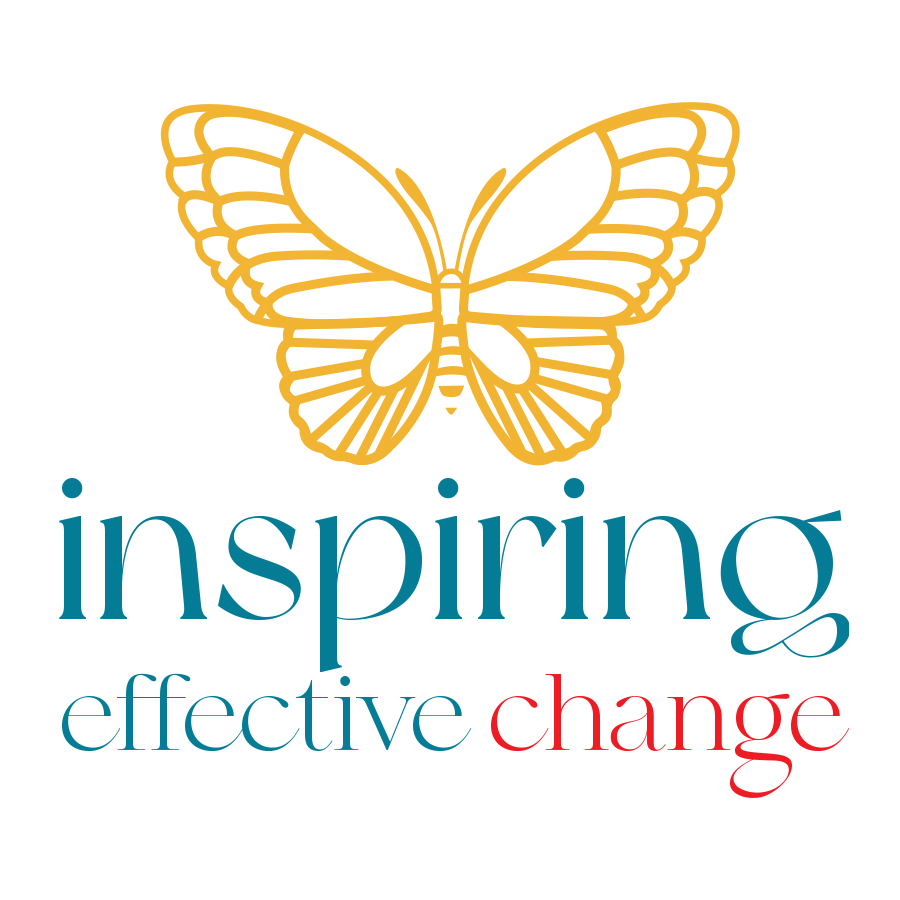As a neurodivergent millennial navigating the complex world of money, I often find myself in a constant state of conflict. Raised in a generation where instant gratification was the norm and long-term financial planning was rarely discussed, I have struggled to find a balance between enjoying the fruits of my labor and feeling guilty for having more than others.
Living independently in a bustling city like Toronto as a middle-class earner comes with its own set of challenges. While I am fortunate enough to afford an apartment and meet my basic needs, the journey towards financial stability has been a rocky one. Like many in my generation, I was never taught the importance of saving and budgeting, leading to a cycle of overspending and financial insecurity.
The age-old adage that the love of money is the root of all evil constantly echoes in my mind. The guilt of having a few extra dollars in my bank account while others struggle to make ends meet weighs heavily on my conscience. Even the simple act of browsing through grocery aisles without glancing at price tags fills me with a sense of unease, as if I am somehow betraying those less fortunate.
This internal tug-of-war often leads to self-sabotage, as I grapple with conflicting emotions of fear and guilt. In my mid-thirties, I have only just begun to prioritize saving for retirement, a decision that has been marred by years of financial mismanagement and anxiety. The thought of not having enough saved up to sustain myself in my golden years fills me with dread, pushing me to hoard every penny out of fear of a bleak future.
It’s a constant battle between two extremes – the fear of not having enough to live comfortably and the guilt of having more than I need. Finding a middle ground between financial security and empathy for those less fortunate is a delicate balancing act that requires patience and self-reflection. I am learning to channel my anxiety into actionable steps towards a secure financial future, while also practicing gratitude for the privileges that I have.
In a world where money serves as both a necessity and a source of moral dilemma, it’s vital for individuals like me to confront our fears and uncertainties head-on. By acknowledging our internal struggles and seeking support where needed, we can strive towards a healthier relationship with money and pave the way for a more secure and fulfilling future.
